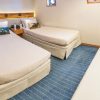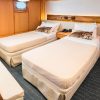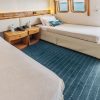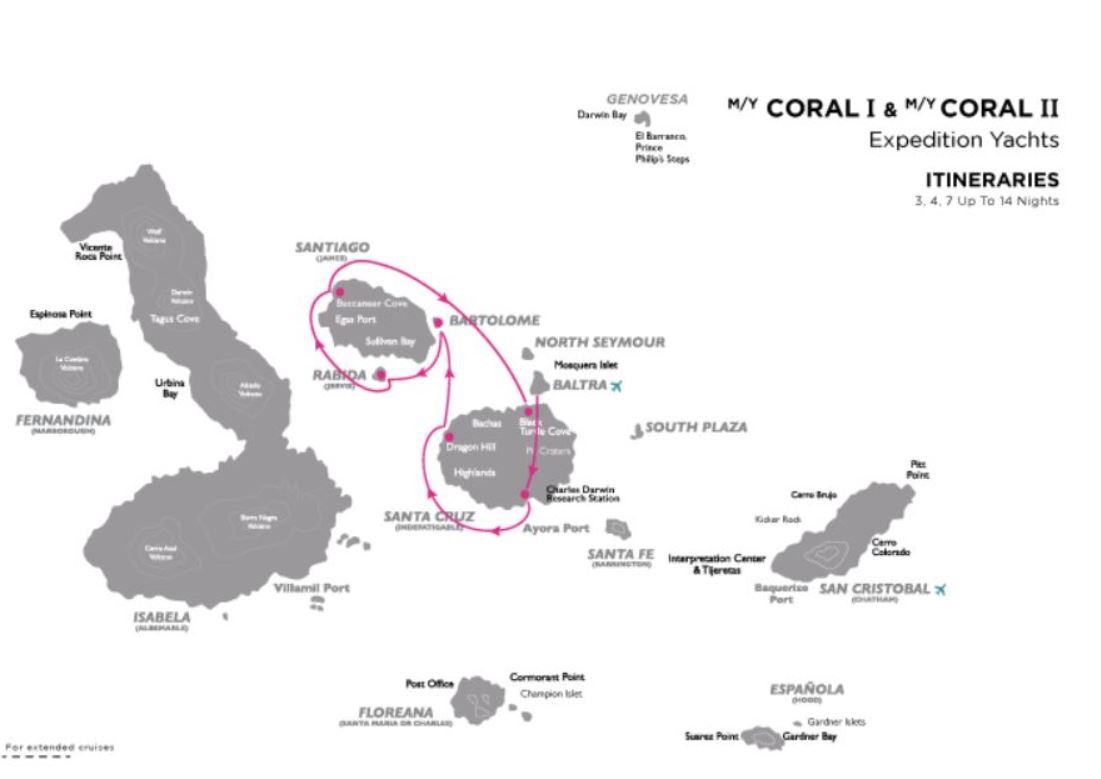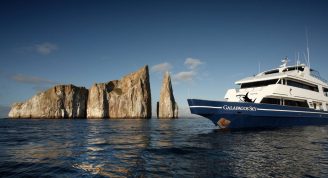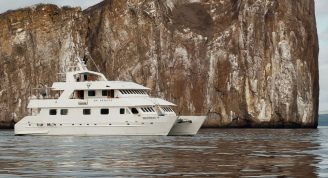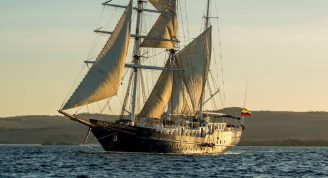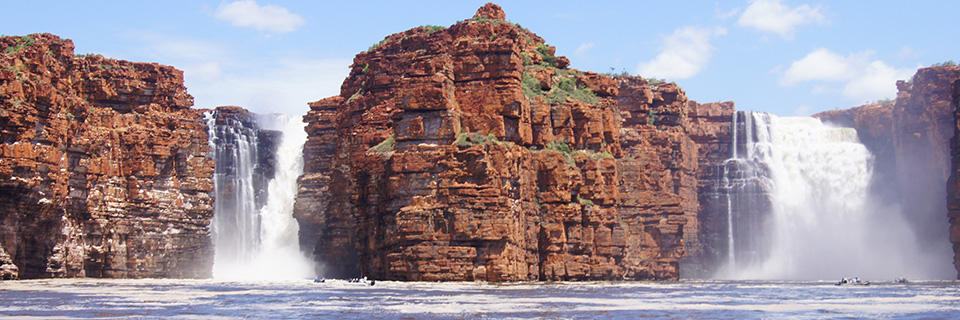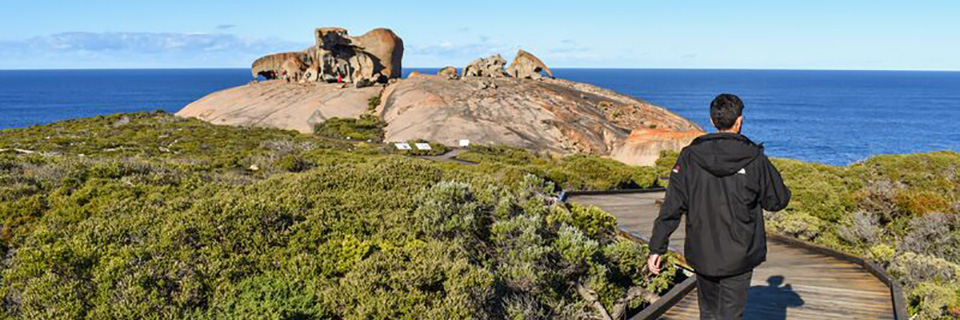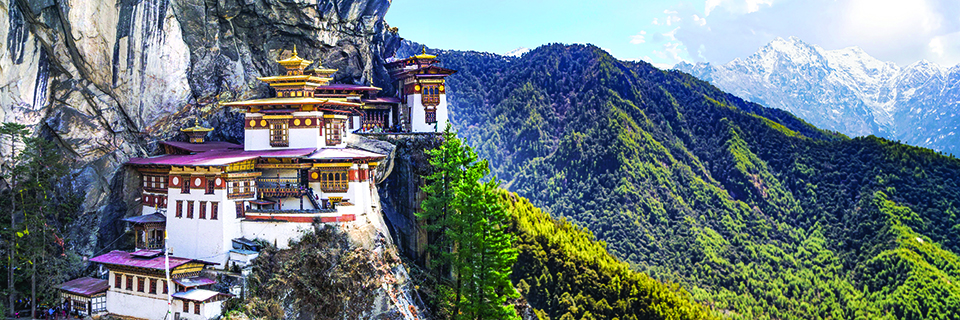Description
A short trip through the Galapagos islands for those of you with limited time this is a great cruise for you.
Bartolomé offers the best views of the Galapagos, including fascinating geological formations such as Pinnacle Rock, the most photographed site of the islands. Great snorkeling opportunities with penguins and sea lions.
Trip Name
Galapagos North - Central Cruise A (Coral I & II)
Days
4
Overview
Vessel Type: Yachts
Length: 40m & 24m
Passenger Capacity: 36 & 20
Built: 2005
The sister ships Coral I and Coral II are the perfect combination of classic beauty and exquisite style.
Built in Germany and Holland respectively, each ship surpasses all the standards you would expect from a high-class yacht in order to make your cruise among the enchanted islands extraordinary.
Every cabin features handsome wood decration, along with air-conditioning, a private bathroom, safe deposit box, telephone, and your choice of background music. Additionally, the Corals have plenty of room to relax with three sundecks (some shaded), a Jacuzzi, comfortable dining room and lounge.
To make sure that all the passengers for the Coral I and Coral II have the same experience, both yachts do the same itinerary. For this reason, passengers can be placed on either yacht.



